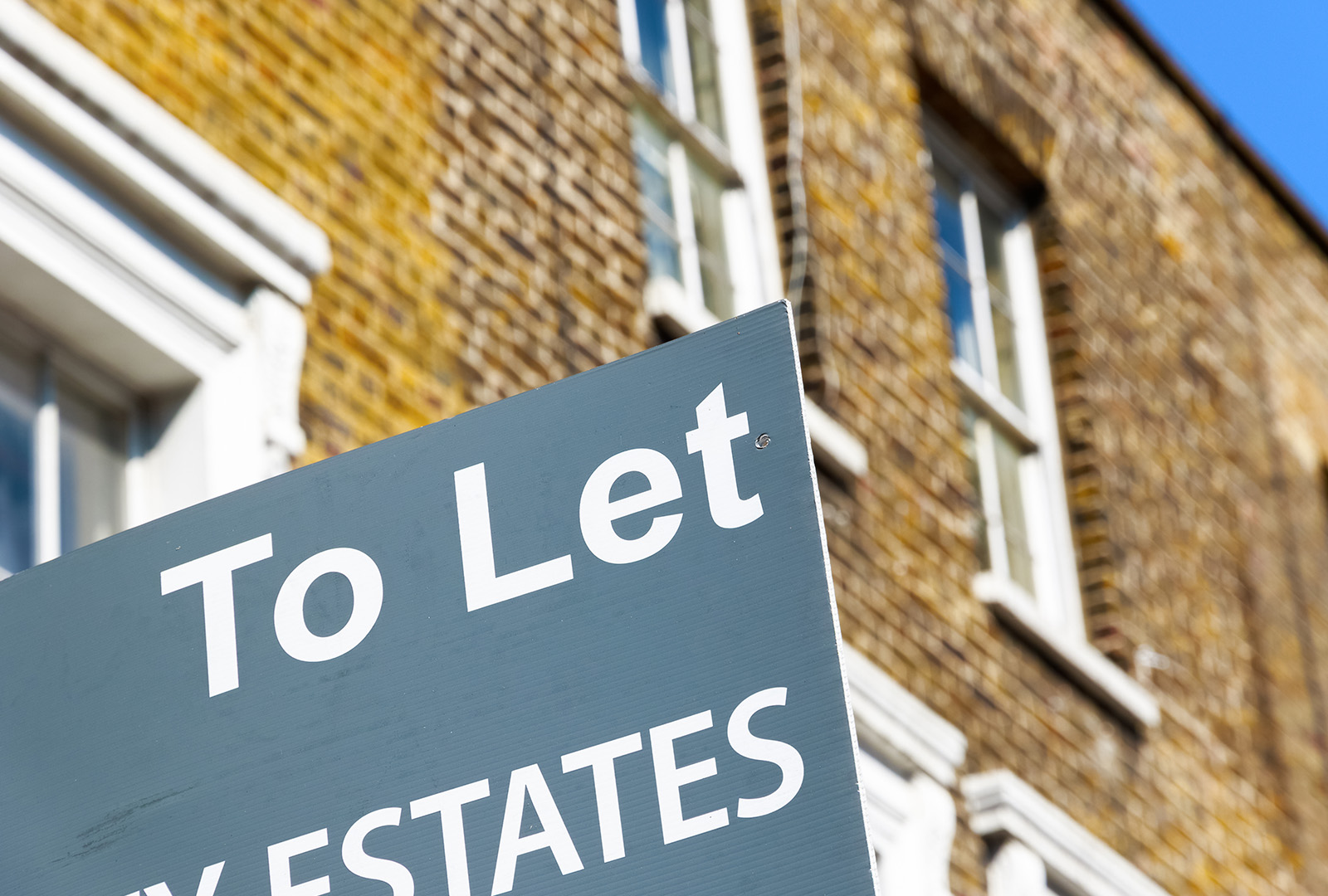Despite the UK entering its first recession in over a decade, the buy-to-let market has remained relatively stable. In fact, with house prices falling and tenant demand on the rise, it could be an opportune time to invest.
However, for overseas investors, buying and renting property in the UK is not always straightforward. In this article, we take a closer look at some of the tax implications for non-resident landlords and what they mean for your long-term investment.
What is a Non-Resident Landlord?
According to HM Revenue and Customs (HMRC), if you earn rental income from property in the UK and spend six months or more overseas in any tax year, you’re considered a non-resident landlord.
This applies even if you’re classed as a UK resident for tax purposes. Here are some other individuals and entities that qualify as non-resident landlords under UK law:
A company that rents out property in this country but has a registered office or main place of business outside the UK.
Crown servants (such as diplomats) or members of the armed forces that are posted overseas.
Individuals or companies that have a PO Box or ‘care of’ address in the UK but whose usual place of abode is in another country.
How Much Tax Do I Pay as a Non-Resident Landlord?
If you’re a non-resident landlord, you’ll have to pay tax on any rental income you earn from UK property. You can do this one of two ways:
By receiving your rental income in full and filling out the relevant sections of your self-assessment tax return (or your corporation tax return if you represent a non-UK resident company).
By paying basic rate tax at source via your letting agent or tenants.
If you prefer to receive your rental income in full without any tax deductions from tenants or letting agents, you’ll have to fill out the relevant paperwork with HMRC.
However you choose to pay your taxes, as a non-resident landlord, you must first register with HMRC.
What Is the Non-Resident Landlord Scheme and How Does It Work?
All non-resident landlords are subject to the Non-Resident Landlord Scheme. Unless you’ve successfully applied to pay tax on your gross rental income as part of your annual tax return, this usually means your income will be taxed at source (at the basic rate).
As such, your letting agent or tenants will have to pay tax on any rent owed to you. Here’s how it works:
Your letting agent or tenant will deduct tax from your rent at the basic rate, after allowing for any expenses they might have incurred.
They will provide you with a certificate at the end of the tax year showing how much tax they’ve deducted in total.
You will then declare your rental income and profits on your tax return.
You may still have additional tax to pay depending on your circumstances and income levels.
Whether you’re a non-resident landlord, an agent representing them or a tenant renting directly from them, it’s imperative that you follow the rules laid out in the scheme.
Failure to do so can result in stiff tax penalties.
As a Non-Resident Landlord, What Happens if I Sell My UK Property?
In the past few years, there have been a number of legislative changes governing the sale of UK property by overseas investors.
If you’re a non-resident landlord and you’re thinking of selling up, there are a few important things you should know:
Capital Gains Tax (CGT) – As of April 2015, any non-resident landlord selling property in the UK is subject to capital gains tax. This means you’ll have to pay a percentage of any profit you make on the sale of your property within 30 days of completion.
Corporation Tax – Since April 2019, all non-UK resident companies are required to pay 19% corporation tax on any profits generated by the sale of UK property.
